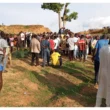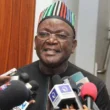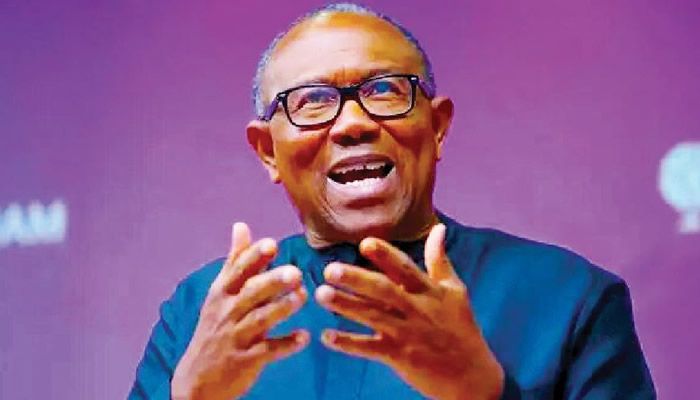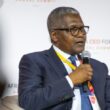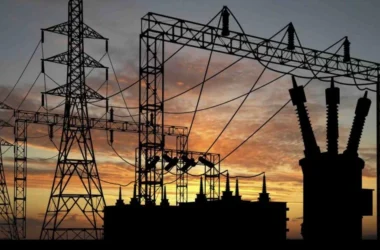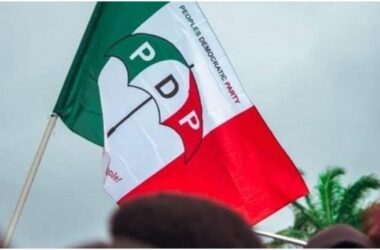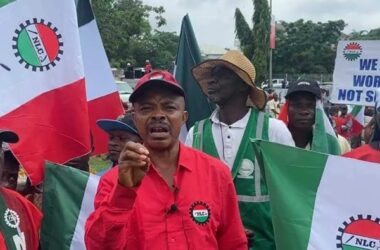Former Anambra State Governor and Labour Party’s 2023 presidential candidate, Peter Obi, has voiced serious concerns about the recent UTME results, noting they mirror the steady decline of Nigeria’s educational system.
According to data released by the Joint Admissions and Matriculation Board (JAMB), 1,955,069 candidates sat for the 2025 Unified Tertiary Matriculation Examination (UTME). Out of this number, only about 420,000 managed to score above 200, which is the benchmark for university admission. This means that more than 78% of the candidates failed to reach the required score.
In a statement shared on his verified social media platform, Obi did not hold back in expressing his worries. He noted that the poor outcome is not just a temporary issue but the result of many years of neglect and poor funding of the education sector in Nigeria.
“These results highlight the consequences of decades of underinvestment in education, a sector that should be central to our national development strategy,” Obi said.
He also compared Nigeria’s situation with that of other countries to show the severity of the issue. Obi pointed out that Bangladesh, despite having only about 75% of Nigeria’s population, has a single national university that currently has over 3.4 million students enrolled — far more than Nigeria’s total university student population of around two million.
“Bangladesh, which once lagged behind Nigeria in virtually every measurable development index, now surpasses us in all key areas, including the Human Development Index (HDI),” he noted.
Obi also mentioned Turkey, a country with a population of roughly 87.7 million, which currently has more than seven million students in universities — over three times Nigeria’s total.
He further noted that Nigeria must start treating education as a long-term investment and not just a social program.
“Education is the most critical driver of national development and the most powerful tool for lifting people out of poverty. If we are serious about building a prosperous, secure, and equitable Nigeria, we must invest aggressively in education at all levels,” he said.


